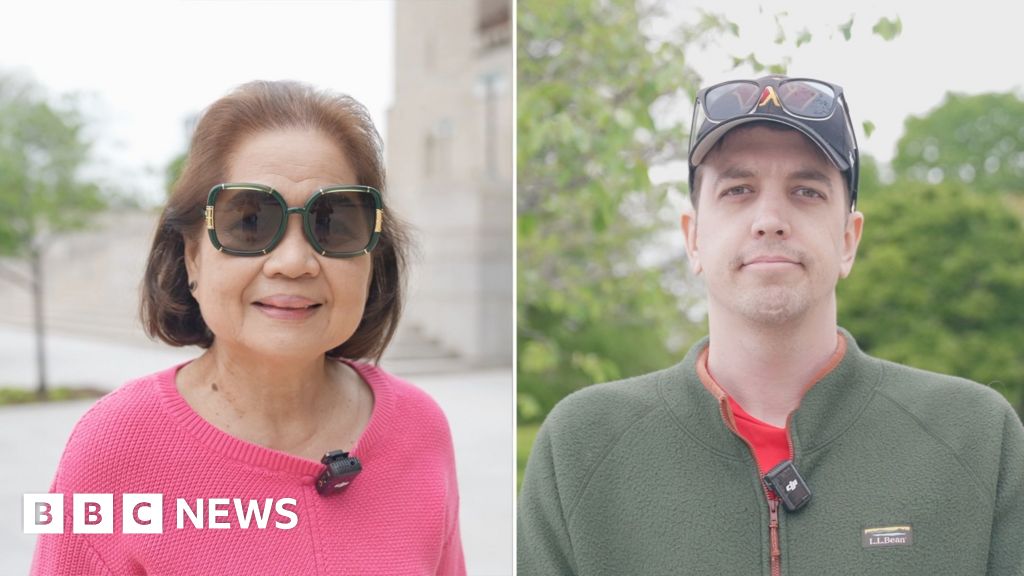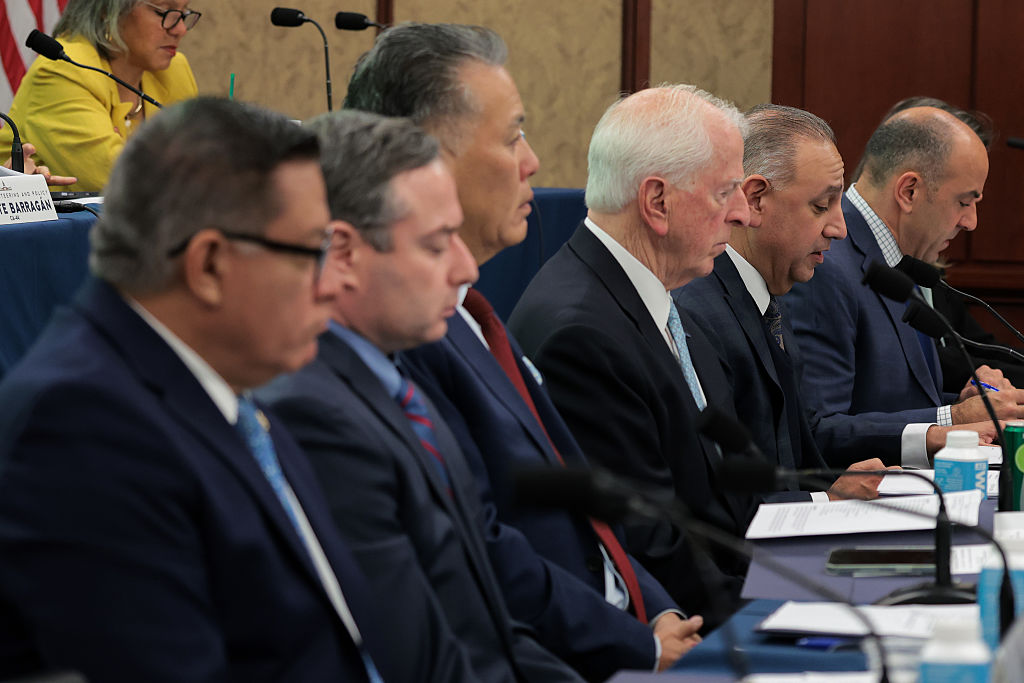Texas Activist Launch Campaign to ‘Resist’ The Militarization of U.S.-Mexico Border
Activists and community leaders in several Texas cities near the U.S.-Mexico border are planning to launch a campaign to show their discontent with the growing presence of military personnel at the Texas-Mexico section of the border.
Labelled as a public engagement campaign, the so-called Texas Community Resiliency Agenda campaign comes in response to the recent deployment of thousands of active-duty troops to the border, as well as a Trump administration push for local government to cooperate with federal immigration authorities.
For two weeks, the “Journeys of Resistance” marches and community meetings will be held in the cities of El Paso, Laredo, San Antonio, Houston, Dallas and Austin between May 3-17, as highlighted by Border Report. As part of the campaign, activists are also developing a database to document abuse and demand accountability from government agencies.
On his first day in office, President Donald Trump signed Executive Order 14167, which gave the military a newly defined role in protecting the “territorial integrity” of the United States by sealing the southern border and repelling what he described as an “invasion” of unlawful migrants. This followed his proclamation of a national emergency at the U.S.-Mexico border on the same day.
Since then, Trump has escalated his rhetoric and policy initiatives aimed at curbing immigration through militarized enforcement, bypassing traditional civilian immigration agencies.
“It’s not only enough to have police departments and the state police, now we’re seeing an expansive militarization of our communities,” said Fernando Garcia, an executive director for the Border Network for Human Rights while presenting the campaign. “It’s the mentality that people of color are the enemy, that immigrants are an invasion,” Garcia added.
Under the slogan “reclaiming our dignity and rights,” organizers such as Lupita Sanchez of Border Workers United in Weslaco, Texas, hopes the campaign will inform the community of their constitutional rights regardless of immigration status.
Sanchez said adults no longer feel comfortable walking their children to school and some have even stopped doing activities outside of their homes, such as essential grocery shopping, due to fear of running into immigration agents.
“Law enforcement cannot function effectively without the trust of the people they serve,” Sanchez said. “When communities are informed and not afraid, they are more likely to support law enforcement efforts,” the activist added.
In the past, other activist groups such as El Paso-based Border Network for Human Rights (BNHR) have launched similar campaigns.
Last year, a series of marches and protests were organized by the group in an effort to raise awareness to repel Senate Bill 4, a law signed by Texas Gov. Greg Abbott in 2023 that makes it a state crime to cross the U.S.-Mexico border through Texas illegal, empowering state and local law enforcement to arrest people suspected of crossing into the U.S illegally.
Originally published on Latin Times












